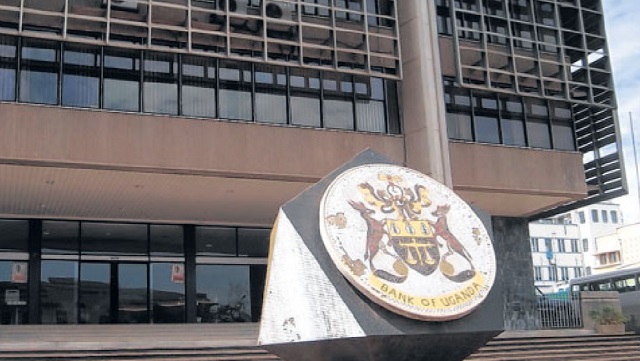
Kampala, Uganda | THE INDEPENDENT | The Central Bank has challenged the Ministry of Finance, Planning and Economic Development against the current high rates of borrowing, saying they are putting the country and the economy at risk.
The national debt burden is currently estimated at UGX 64 trillion as of December 2020, having risen 35% from the previous year. According to the government plans and as reflected in the next budget, the national debt stock will rise to 52% of the GDP by the end of this year, which is above the cap Uganda and other East African countries had agreed with the International Monetary Fund.
Experts say that when the debt gets to a level that is more than half of the size of an economy, especially for poor economies like Uganda, there is the risk that it will be stressed paying back the loans. When the ceiling was hit, the government said it was not a bad situation, since it was borrowing for infrastructure and not consumption, a position increasingly supported by some civil society members.
The acting secretary to treasury, Patrick Ochailap says that the current budget and the other spending forecasts were made just before the second lockdown was announced earlier this month, adding that they could not have predicted the future.
He however says that they are all the same taking measures to reduce borrowing starting with domestic borrowing, which has been reduced from 6.5 trillion this year to 2.9 trillion next year.
The Chief Executive, the Civil Society Budget Advocacy Group, Julius Mukunda told the post-budget conference called by Uganda Revenue Authority, that the government must reduce its spending habits if borrowing is to reduce. He also accused the public and political leaders of abetting the situation by making political demands that increase non-development expenditure.
The Deputy Governor Bank of Uganda, Michael Atingi-Ego warned that the current semblance of some positive economic indicators should not be taken for granted that the economy is stable. He cited the strengthening of the Ugandan shillings against the US Dollar as one of the indicators.
Atingi-Ego explained that this could be a temporary situation because offshore are taking refuge in Uganda currently as they wait for interest rates in the west to rise again and rush back, which could cause a sudden problem to Uganda.
The domestic revenues are expected to cover about half of the budget, as URA is tasked with collecting 22 trillion, with another 200 billion to be drawn from the Petroleum Fund.
The Ministry says the reduction in borrowing next year is because of the declining sources of foreign funding and the development partners also experiencing financial hardships, especially as they fund their home health systems to contain Covid-19.
Ochailp says even if they reduce domestic borrowing, the government will continue to be in the local financial market even for other reasons like stabilizing the financial system where the private sector cannot.
The government hopes that the economy will grow faster next year and the subsequent years with many drivers expected in place, including the development of the oil sector.
They hope also that the government will be able to vaccinate at least 4.5 million people in the short term for more sectors of the economy to be opened.
Currently, less than 1 million people have been vaccinated in Uganda. The country received her first Covid-19 vaccine delivery in March. However, DG Atingi-Ego warns that the country is sitting on the edge, and that if any large-scale emergency happened, it would not be able to respond due to lack of funds.
He asks that the ministry must reduce the debt stock as soon as possible.
*****
URN
 The Independent Uganda: You get the Truth we Pay the Price
The Independent Uganda: You get the Truth we Pay the Price


